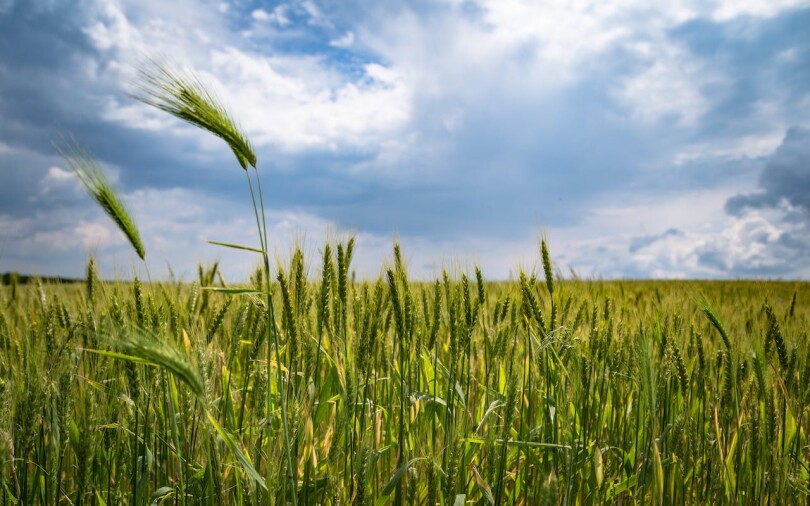3 Innovations from the International Horticultural Expo.
29 Apr 24
Enviro ChatThe Global News Source for the World of Science and Chemicals
15 February 2024
Enviro Chat
The Chairman of the Board of Directors of the Environment Agency in the UAE, Sheikh Hamdan bin Zayed Al Nahyan, has reiterated his government’s commitment towards achieving food security in the country. Speaking on National Environment Day (February 4th), Sheikh Hamdan called food security “a key issue of great importance”.
The UAE has long faced a myriad of difficulties in securing an adequate food supply for its growing populace. With desert terrain, sweltering temperatures and scarce rainfall, cultivating crops in the Middle East is a sizable challenge in itself. However, in the face of a changing climate, the government is investigating a number of different avenues for bolstering its security and sustainability with regard to food and water.
One of the key facets of the UAE’s food security policy revolves around working with other countries and their governments to establish strong partnerships and supply routes. This became especially important during the coronavirus pandemic, when bottlenecks, supply deficiencies and infrastructural inadequacy meant that many countries were left without crucial supplies for their populations.
However, the UAE had already moved quickly to not only bolster their supply chain network, but also diversify the number of partner nations from whom they imported different materials and foodstuffs. By doing so, the Emirati government could ensure that they always had access to the goods they needed, because if one market faltered, another would be in position to pick up the shortfall.
Of course, an even more effective method of shoring up food supplies and reducing dependence on imports is by maximising local production. As mentioned above, this has consistently posed a unique set of challenges in the UAE due to its geographical location and climate. However, technological advances have made certain breakthroughs possible in this field in recent years.
For example, the launch of the FoodTech Valley in 2021 aimed to triple the national food production through a combination of different techniques and technologies. The use of arid-resistant strains of crops, the development of arable land in the desert and the progress of vertical farming has meant that the UAE is making strides towards improving its own output of staple dietary items and reducing the need to import from overseas.
One of the most publicised aims of the National Strategy for Food Security is to make the country a model for others to learn from and become inspired by. Although the government did not quite hit its target of infiltrating the top 10 nations in the world in the Global Food Security Index by 2021, it did achieve significant progress by leaping up from 31st place in 2018 to 21st place three years later.
Most ambitiously of all, the government has set its sights on becoming the most food-secure nation on the planet by 2051. With almost half a century in which to achieve its aim, and with the significant investment of the UAE government and the collective will of the Emirati people behind it, there’s no reason why the goal can’t be met, despite its lofty status.
DOWNLOAD PDF

2 Day Seminar Program
@ ArabLab+ 2024
24 & 25 September 2024
22 Apr 24
Lab ChatYour stay in Dubai
Labkit
Product News
Chemkit
Product News
Thinking about exhibiting at ARABLAB 2024? Watch our video to find out more.
Join the world’s leading organisations…
Join our mailing list and receive the ARABLAB newsletter and event updates.